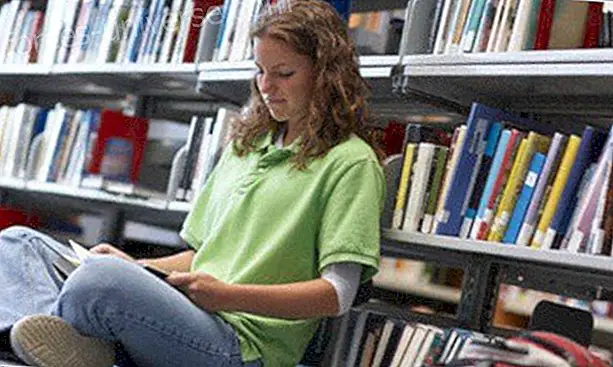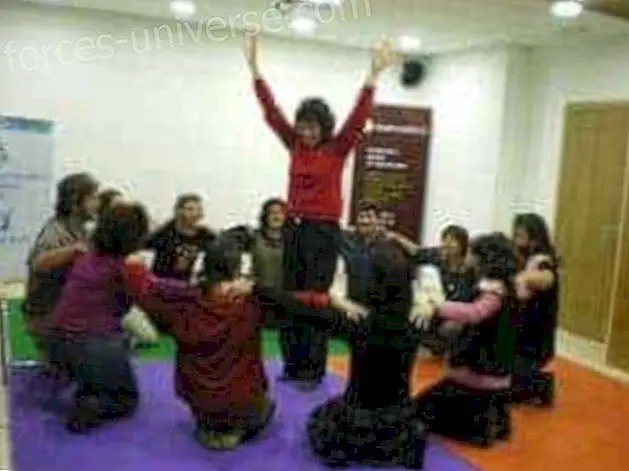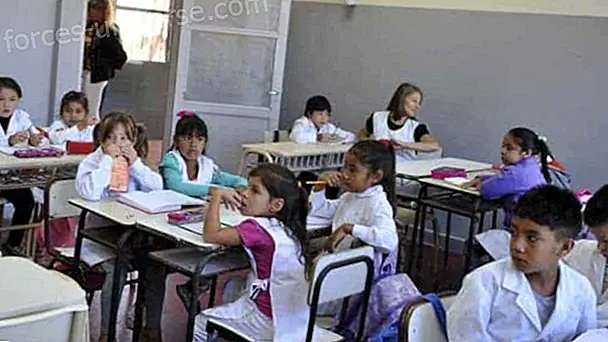The World Social Forum in Madrid is consolidated as a meeting place for global transformation
- 2010

Daniel Jiménez • 03/2/10 • In the Sustainable Development Category
FSMM
Last Sunday the Third World Social Forum of Madrid (WSFM) ended, after four intense days marked by high participation in all scheduled activities. The balance made by the Assembly of Social Movements, organizer of the event, is therefore very positive, and demonstrates that this event is already a reference for all the groups that fight so that another world, more just, solidary and sustainable, is possible. We talk about all this with Carlos Barbudo, one of the spokesmen of the WSF.
Positive News: What balance do FSMM organizers do this year?
Carlos Barbudo: The balance we do is really positive and hopeful. In this third edition, the WSFF has established itself as a reference space for the social movements of Madrid and a large part of the Spanish State. Nearly three thousand people have participated in it, demonstrating that the WSFM is opening a path that is worth moving forward to build a horizon of greater social justice and citizen leadership.
N +: The International Council of the World Social Forum wanted the main theme of this year to be `` another way out of the crisis is possible ''. Why do you bet?
CB: We are firmly committed to the participation and deprofessionalization of politics. Only if citizens regain control of public affairs can we move towards a model of society in which people are not subject to any type of oppression. Only if we forget our differences and bet on the values that unite us will we be able to establish fruitful relationships between us and the Earth.
N +: In the case of the WSF, this one also had its own motto. Another world is possible, another Madrid also. What city model is defended for the capital?
CB: The debate about which city model we want has gained great importance in this third edition. We have identified that there is a great political vacuum in the articulation of the different struggles and local experiences that, today, take place in Madrid. We need to strengthen ties between those who defend a Madrid for everyone. We have to fight to overcome the speculative and segregationist model that the fara n Gallard n is developing. We and we have another hunch: another Madrid is possible; And we are building it.
N +: The WSF is the counter to the World Economic Forum of Davos. How do you assess what happened at that summit?
CB: The Davos Forum has meant a twist in the neoliberal policies that are having such tragic consequences on people's lives. Blind faith in economic growth continues to preside over the economic religion that international organizations, such as the Economic Forum or the IMF, defend. President Obama's banking reform does not work; it is necessary to go much further and rethink the way in which human beings relate to each other and to the Earth. The resounding failure of this type of encounter should be evident when the masters of the world are unable to agree on something as necessary for capitalism as is the regulation of the international financial system. We demand a social bank that is at the service of human needs and is respectful of the environment. Unfortunately, the measures proposed by these organizations go in the opposite direction.
N +: This meeting was attended for the first time by the President of the Government, José Luis Rodrigo Zapatero. How do you value his intervention?
CB: The intervention of President Zapatero has been very sad. Its commitment to labor market reform shows that it is folded to the economic religion of growth and efficiency. The employer must be very happy when she has managed to introduce her star theme to the government agenda. Citizens who earn their livelihood from work should worry. Zapatero has taken off his mask and has shown that with his government the crisis will be paid by those who have less.
N +: There are now twelve months left for the next WSF, but that does not mean that the activity of the Social Movements Assembly will stop, which will remain active during the rest of the year. What work is done in this meeting space?
CB: The Assembly of Social Movements that took place on Sunday highly valued the articulation process that, slowly, began with the first WSF. Along these lines, the meeting spaces served to confirm the need to advance in this articulation, so different initiatives emerged to continue working until the next Forum. These proposals were submitted to the Assembly, however, due to lack of time this debate could not be carried out with all the necessary depth, the same being postponed to the next Assembly of Social Movements, which will take place on Friday, February 26. What was clear was the will of the different groups to participate, from autonomy, in the networks that are emerging from the workshops: such as the deepening of relations between cooperatives of consumers and producers; the extension of organizations that fight against patriarchy and work on gender issues; the gestation of a platform to build another city model in Madrid; or, in relation to the EU, the connection of the counter-summits to be held in Madrid within the framework of the Spanish presidency.
N +: Finally, let's leave a positive message: Another world is possible if ...
CB: We connect our struggles, we build from what unites us and we don't lose hope.
CONTACT INFORMATION:
http://www.fsmmadrid.org
Photo: Image of the demonstration held last Saturday by the participants in the WSF.






